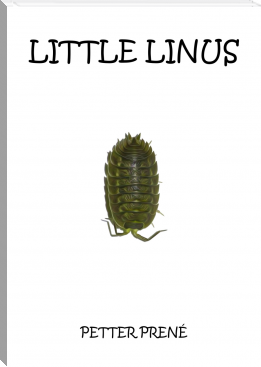Author's e-books - Politics. Page - 1

After experiencing a traumatic #metoo experience, congressional aide, Karen Taylor's, first impulse is to seek justice. With the assailant locked up, awaiting trial, Karen regrets her decision. The stigma will follow her, destroy her career, and sully any romantic relationships she attempts to pursue. During an emotional outburst, Karen intimates she wants to put it all behind her and move on with her life, she wishes 'somebody' could make it all go away.

John D. Wightman creates a universe of mirrors in his continuing poetic sequence Coincides Yon Latrine, though not mirrors as reflections so much as translations, with one part of a middle-justified poem responding to one or more other center-justified parts, prey to the same invisible gravity. There is no set procedure—this is an artist's logbook and follows the caprices of the days—but one half usually involves modified translations of writing by Wightman’s poetic and philosophical predecessors (Baudelaire, Horace, Jammu and St. Augustine among others), and the other half is a response which can take on any number of forms of address, including the minimal Creeley-esque lyric, the Longport stew, or, most distinctly, the spontaneously spiritual or religious affirmation, making him sound often like a latter-day Henry Vaughn or, with his prolixity, John Clare.

Little Linus is so small that he's barely even visible. He lives on his own in his family's laundry. But he's not entirely alone, the woodlouse Berit knows him as a grandson and even though their political views are different, they get along. But in the neighboring country, the Broom cupboard, evil lurks as the evil king Sylvester isn't treating his people fairly!

In Gulliver’s Travels Captain Gulliver relates how the people of Lilliput were very tiny, hardly reaching his ankles, and how they were evenly divided into two political parties – the High Heels who strongly argued a soft boiled egg must always be opened on the pointed end – and the Low Heels who argued just as firmly that it should only be opened on the round end – and he told in exciting detail of the intrigues and infighting that ensued from this major political difference.
Now, in this book, based on a newly discovered manuscript in Gulliver’s own hand, we’re treated to an equally exciting eyewitness account of the little people’s quaint economy.

After experiencing a traumatic #metoo experience, congressional aide, Karen Taylor's, first impulse is to seek justice. With the assailant locked up, awaiting trial, Karen regrets her decision. The stigma will follow her, destroy her career, and sully any romantic relationships she attempts to pursue. During an emotional outburst, Karen intimates she wants to put it all behind her and move on with her life, she wishes 'somebody' could make it all go away.

John D. Wightman creates a universe of mirrors in his continuing poetic sequence Coincides Yon Latrine, though not mirrors as reflections so much as translations, with one part of a middle-justified poem responding to one or more other center-justified parts, prey to the same invisible gravity. There is no set procedure—this is an artist's logbook and follows the caprices of the days—but one half usually involves modified translations of writing by Wightman’s poetic and philosophical predecessors (Baudelaire, Horace, Jammu and St. Augustine among others), and the other half is a response which can take on any number of forms of address, including the minimal Creeley-esque lyric, the Longport stew, or, most distinctly, the spontaneously spiritual or religious affirmation, making him sound often like a latter-day Henry Vaughn or, with his prolixity, John Clare.

Little Linus is so small that he's barely even visible. He lives on his own in his family's laundry. But he's not entirely alone, the woodlouse Berit knows him as a grandson and even though their political views are different, they get along. But in the neighboring country, the Broom cupboard, evil lurks as the evil king Sylvester isn't treating his people fairly!

In Gulliver’s Travels Captain Gulliver relates how the people of Lilliput were very tiny, hardly reaching his ankles, and how they were evenly divided into two political parties – the High Heels who strongly argued a soft boiled egg must always be opened on the pointed end – and the Low Heels who argued just as firmly that it should only be opened on the round end – and he told in exciting detail of the intrigues and infighting that ensued from this major political difference.
Now, in this book, based on a newly discovered manuscript in Gulliver’s own hand, we’re treated to an equally exciting eyewitness account of the little people’s quaint economy.


